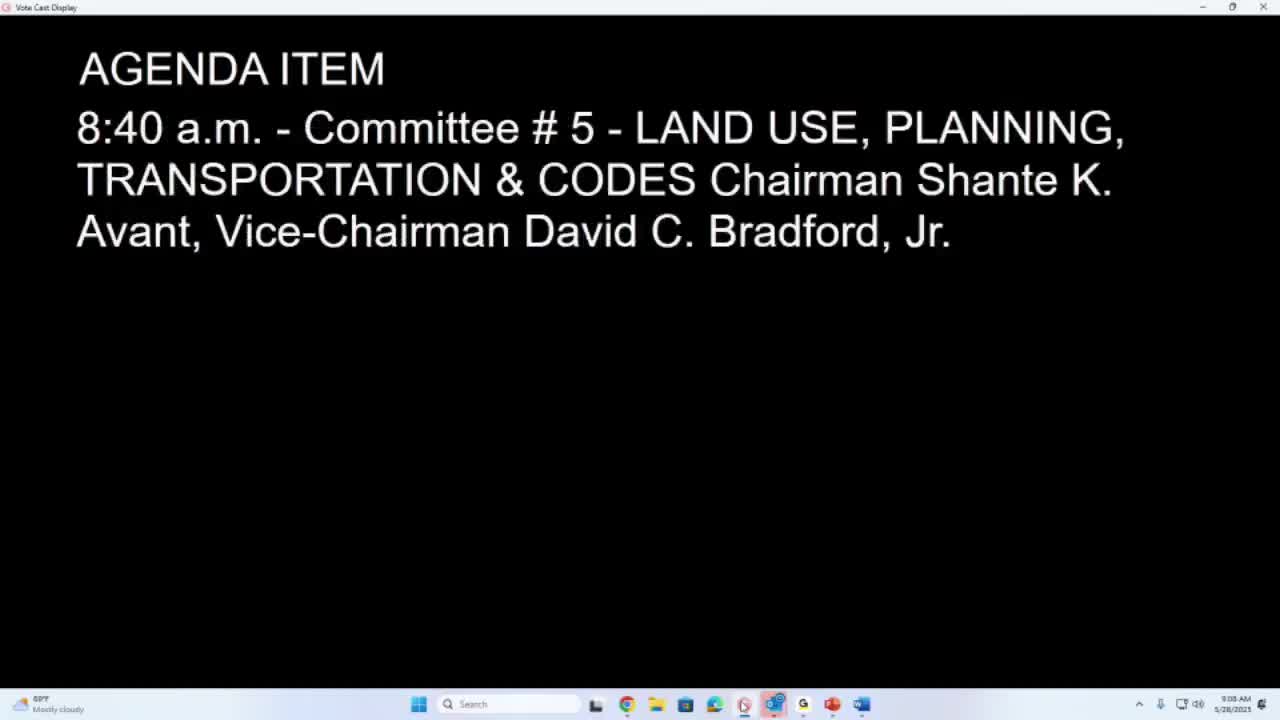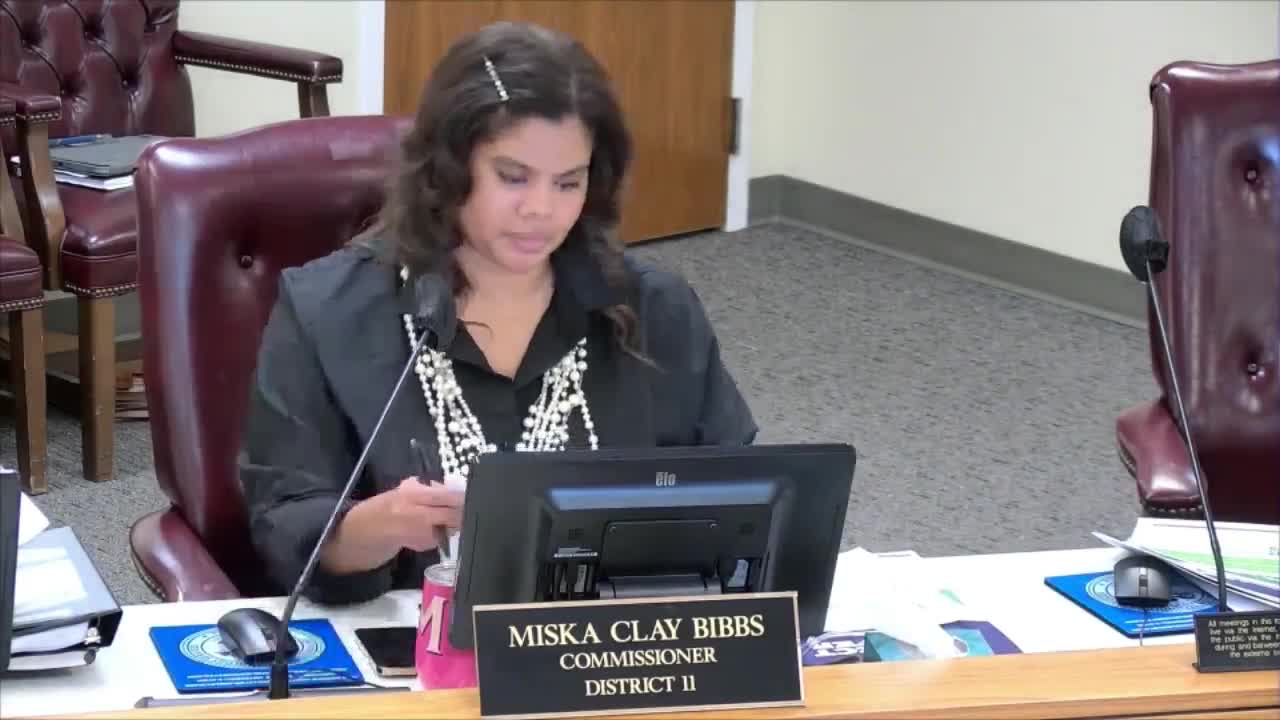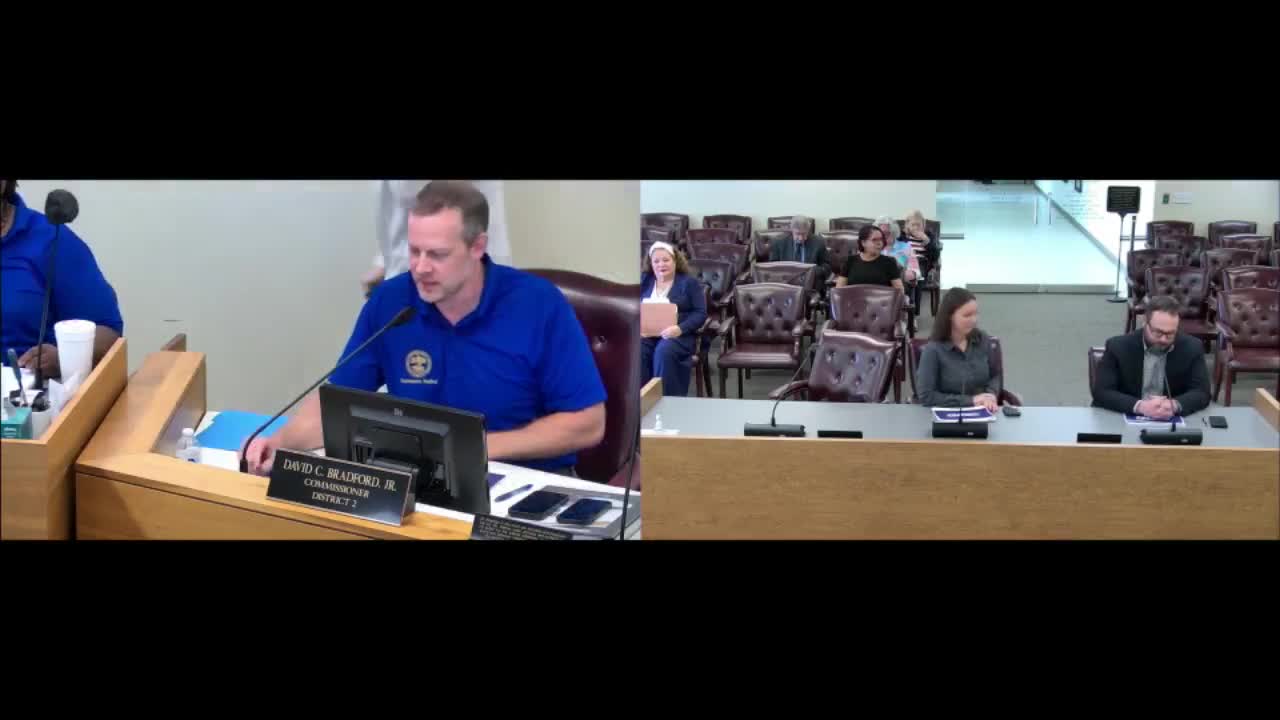Article not found
This article is no longer available. But don't worry—we've gathered other articles that discuss the same topic.

Planned development for medical education group recommended favorably after neighborhood outreach; district commissioner seeks more engagement

Shelby County commissioners delay tax-rate vote after trustee flags $9.5 million projection gap

